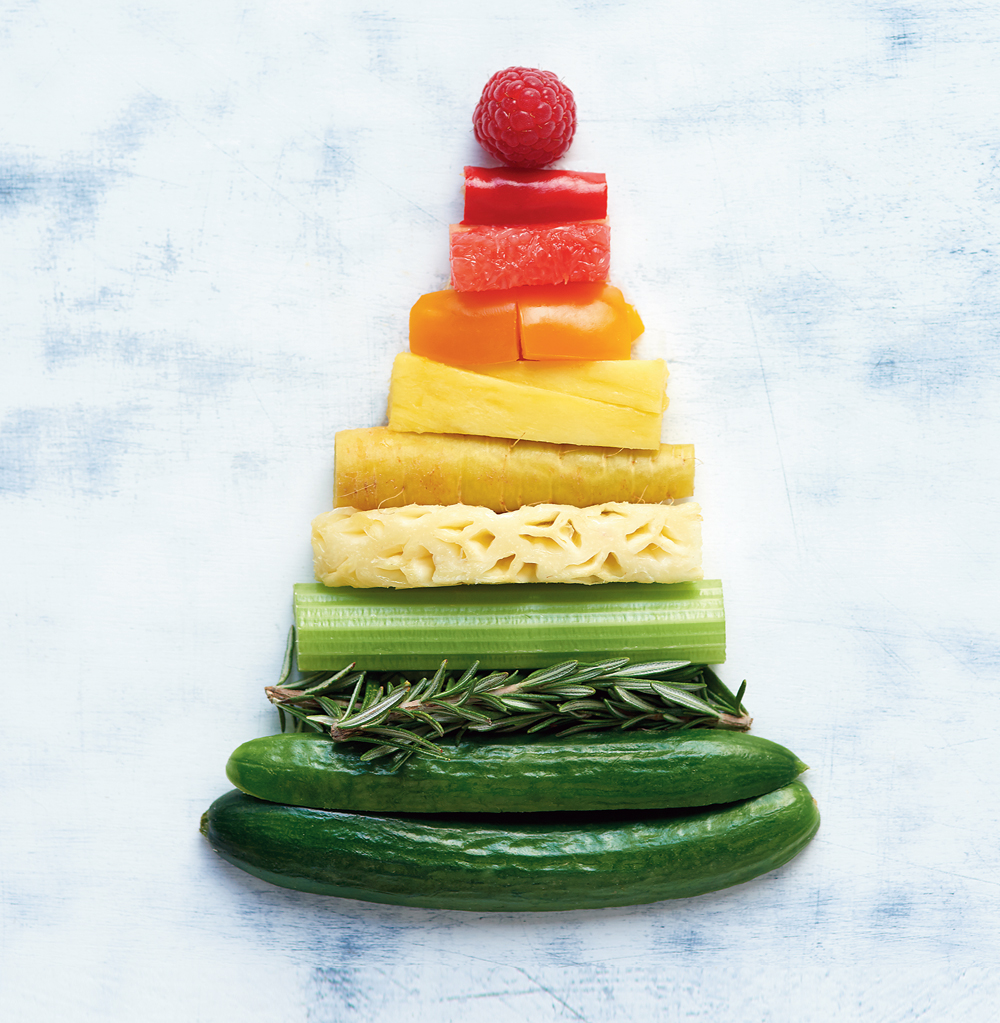How would you like to eat as much as you wish but still lose weight? You don’t need to exercise, you don’t even need to move around much. Just keep eating and you’ll lose weight. And no, I am not talking about a magic pill but about negative calorie food. What is it did you ask? Well, it is food that doesn’t add but subtracts calories from your body. In other words, you spend more calories chewing, digesting and absorbing these items than the calories you gain from consuming them. Simply put, the more of these foods you eat, the more calories you expend. This is called negative calorie balance and leads to losing weight instead of gaining any.
Myth vs reality
If you chew on a bit of sugar-free gum for an hour, for example, you spend a calorie but gain none. Similarly, the process of chewing, digesting and absorbing any kind of food spends a minute amount of calories. If you keep this in mind and choose your food carefully, you can manage a healthy debit and credit of calories.
When you eat protein, you have to spend 20-30 per cent of the calories you consumed in processing and absorbing the food. This means you actually add only about 70 per cent of the calorie in protein to your daily calorie consumption. On the other hand, about 95 per cent of the calories in fatty food and 90 per cent in carbohydrates that you eat is added to you body. Strictly speaking, none of these foods can really be called negative calorie food. If you keep that in mind, keep yourself moving, perform some light exercise and get adequate sleep, you should be able to drop 5-9kg in 14 weeks or three and a half months.
The real trick
The trick to losing weight is consuming negative calorie foods — which have fewer calories than needed to digest them. Food items with extremely low calorie counts are actually those that are usually loaded with fibre and water (see box). These food items are filling and keep hunger pangs away for a while because fibre is not easy to digest. Moreover, in the presence of fibre, sugar in the food mixes slowly in the blood. This is good for those who have diabetes and it also prevents fat deposition in the body. These new superfoods are usually fruits and vegetables, which have vitamins, minerals and antioxidants, in addition to water and fibre.
And how much of these superfoods can one have without harming the body? According to Dietary Guidelines for Americans, a woman should get 1,200 to 1,500 calories per day and a man 1,600 to 1,800 calories per day from a well-rounded diet. The calorie requirement, however, varies based on a person’s daily habits and the nature of work. According to nutritionists, one must get the required calories in the following proportion: 50 per cent from leafy greens and fruits and 25 per cent from whole grains (such as brown rice, chapatti, atta noodle, pasta, brown bread), lentils, grams, rajma or seeds. The remaining 25 per cent must be acquired from proteins (such as fish, meat, chicken, eggs and milk). You get enough fat from oil and ghee — it’s best to keep it confined to three spoons a day — from cooked food.
Negative calorie drinks
You can also have negative calorie drinks to keep hunger in check. Water, for instance, has zero calories. A glass of chilled water will make you expend a calorie to heat it to body temperature. If you have 10-12 glasses of chilled water — that is, if you are not prone to cold allergy — a day, it will help you cut down on a few calories.
Black tea and coffee — without sugar and milk — are also nearly zero calorie. Both these beverages help you avoid hunger and, therefore, cut down on calories. The caffeine content of these two drinks also raises the metabolism and helps you lose resting calories. Green tea is another negative calorie drink that is made even more effective by the epigallocatechin gallate or EGCG it contains. This increases fat metabolism and shifts overall metabolism into high gear, helping you lose more calories.
Superfoods
There is no such thing as negative calorie food but these come close
- Lettuce 6
- Celery 16
- Cucumber 16
- Zucchini 18
- Tomato 19
- Watermelon 30
- Broccoli 34
- Grapefruit 40
- Carrots 41
- Apple 50
- Rasperry 53
(per 100gm)











